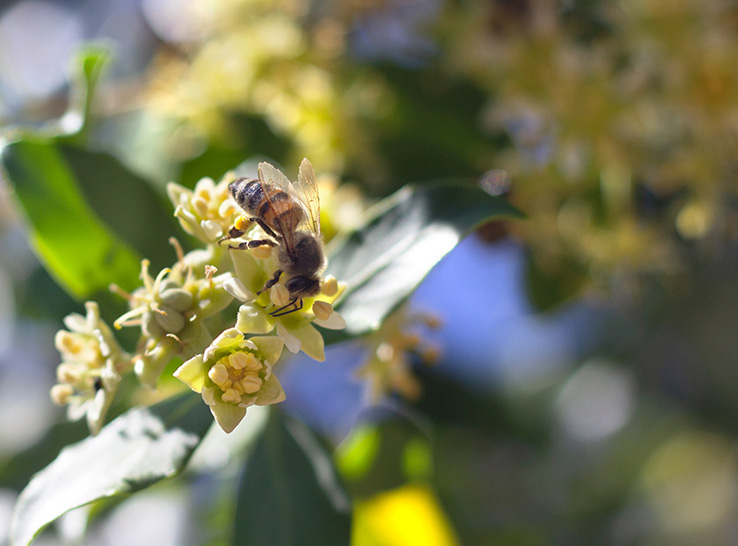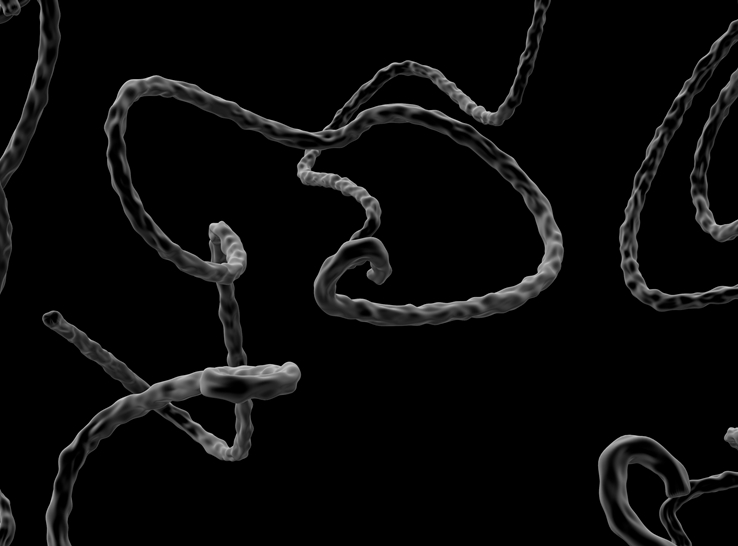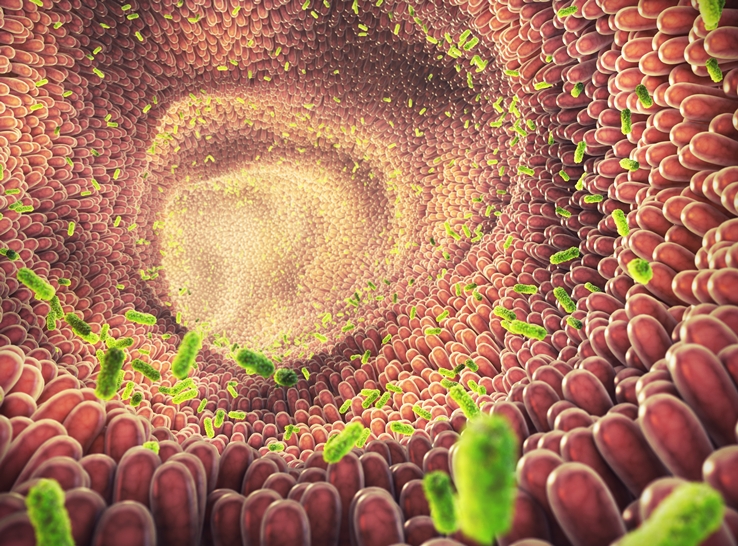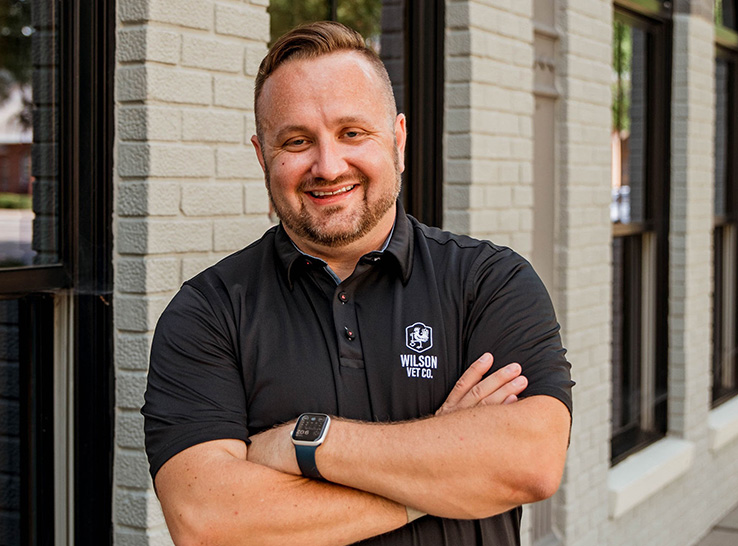An experimental gut treatment led by molecular microbiologist Melha Mellata, PhD, Iowa State University, demonstrated that using host-specific bacteria improved overall immunity and resistance to bacteria in young chicks.
“Early microbiota is important in the chicken gut maturation in early life,” stated Mellata.
“On commercial farms, chicks are hatched away from the hens and do not inherit the [parent] microbiota, which is more diverse and adapted to their body,” she explained. “Because their gut immunity is immature, they need the microbiota to become mature.
“The solution is to provide newly hatched chicks with host-specific microbiota to improve gut maturation,” Mellata said in a presentation at the 2025 American Association of Avian Pathologists Annual Meeting.
Finding gut bacteria candidates
Previous sequencing of gut microbiota showed that most of the bacteria are unstudied and difficult to grow. But Mellata’s team focused on a segmented filamentous bacterium (SFB) called Candidatus savagella.
“It’s a gram-positive, spore-forming bacterium that is found in different species but is host-specific,” she explained. “The site of colonization is the ileum. The bacteria initially colonize the ileum quickly, then decrease over time.”
SFB spores germinate as soon as they enter the host. They will then express flagella and swim into the ileal epithelial cells, where they attach and form filament segment bacteria.
“My lab is the first to experimentally test SFB in chickens,” Mellata said. “We took ileum scrapings from commercial White Leghorn Dekalb two-week-old chicks housed in farms. We treated the scrapings with chloroform to eliminate other bacteria and kept only the SFB spores. Then we used the spores to inoculate day-old layers and broilers orally.”
Positive results
The results were positive with the SFB-inoculated chicks, demonstrating improved gut permeability and increased resistance against bacteria relevant to human health, like Salmonella.
Mellata’s team then checked how quickly SFB ileal colonization began to help chicks mount an immune defense. Peak SFB colonization occurred early, at eight days of age. The control group without SFB reached peak colonization at 15 days.
“Broilers have a large ileum to meet the demand for increased nutrient absorption for a faster growth rate,” Mellata said. “So, we investigated SFB colonization in different sections of the ileum.” Results showed colonization occurred in all three parts of the ileum.
The researchers also found superior expression of antimicrobial peptides and cytokines in the ilea of broilers at 1, 2, 3 and 4 weeks post-treatment compared to controls.
Strong antibacterial protection
“To evaluate the protection against bacteria, we demonstrated in feces that there is a decrease in bacteria that cause inflammation, such as Enterobacteriaceae, in the SFB-treated group but not in the control,” Mellata said.
Further in vitro testing revealed that SFB treatment also provided intestinal and extra-intestinal antibacterial protection.
“We observed improved killing ability against avian pathogenic E. coli and Campylobacter jejuni with the SFB-treated birds compared to control birds,” she added.
“We believe that SFB treatment used for early colonization of the ileum will increase gut maturation and resistance to bacteria. We also believe [this work] will lead to the improvement of other treatments in the future, such as vaccines and probiotics,” Mellata concluded.







